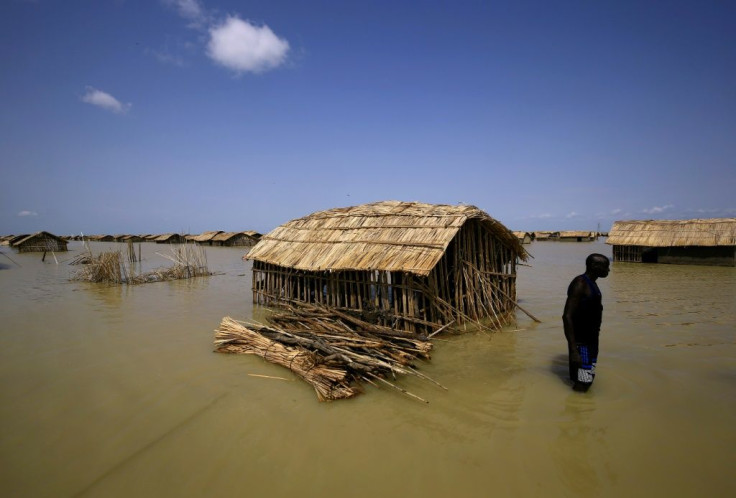'Mystery Disease' Kills 85 In South Sudan; WHO Deploys Task Force
KEY POINTS
- The WHO has sent a rapid response team of scientists to collect samples of sick people
- However, the WHO said the Fangak area was not reachable due to flooding
- The northern part of the country is reported to be the worst affected by the floods
A mystery fast-spreading illness has claimed 85 lives in South Sudan, prompting the World Health Organization (WHO) to deploy a rapid response team to the region.
According to the South Sudan Ministry of Health, an "unknown disease" has killed many people in Fangak, Jonglei State, in South Sudan, reports BBC News. The area was recently hit by flooding, which affected thousands of lives.
The WHO has sent a rapid response team of scientists to the area to collect samples from sick people. However, a local health official said initial samples collected in the area returned negative test results for cholera.
"We decided to send a rapid response team to go and do a risk assessment and investigation; that is when they will be able to collect samples from the sick people – but provisionally the figure that we got was that there were 89 deaths," WHO’s Sheila Baya told the BBC.
Baya added that the Fangak area was not reachable by land due to flooding and the team was waiting for a helicopter to return them to the capital, Juba, on Wednesday.
The severe floods have increased the spread of diseases such as Malaria and caused malnutrition in children due to food shortages, local media quoted Minister of Land, Housing and Public Utilities Lam Tungwar Kueigwong.
He added that oil from the fields in the region had contaminated the water, leading to the death of domestic animals.
Over 835,000 people have been impacted and 35,000 people displaced in one of the worst flooding witnessed by South Sudan.
People in Jonglei and the two oil-producing states of Unity and Upper Nile in the northern part of the country are reported to be the worst affected, said reports.
Nicholas Haysom, the head of the UN peacekeeping mission in South Sudan who visited Bentiu last week, said the situation was "dire" as the floodwaters were not receding and hundreds of thousands of people remained displaced and in desperate need of assistance.
International charity Médecins Sans Frontières (Doctors Without Borders), which operates in the
area, said the suffering caused by the floods, including food shortages and illnesses, is putting pressure on the health facilities.
"We are extremely concerned about malnutrition, with severe acute malnutrition levels two times the WHO threshold. The number of children admitted to our hospital with severe malnutrition doubling since the start of the floods," the organization said.

© Copyright IBTimes 2024. All rights reserved.





















